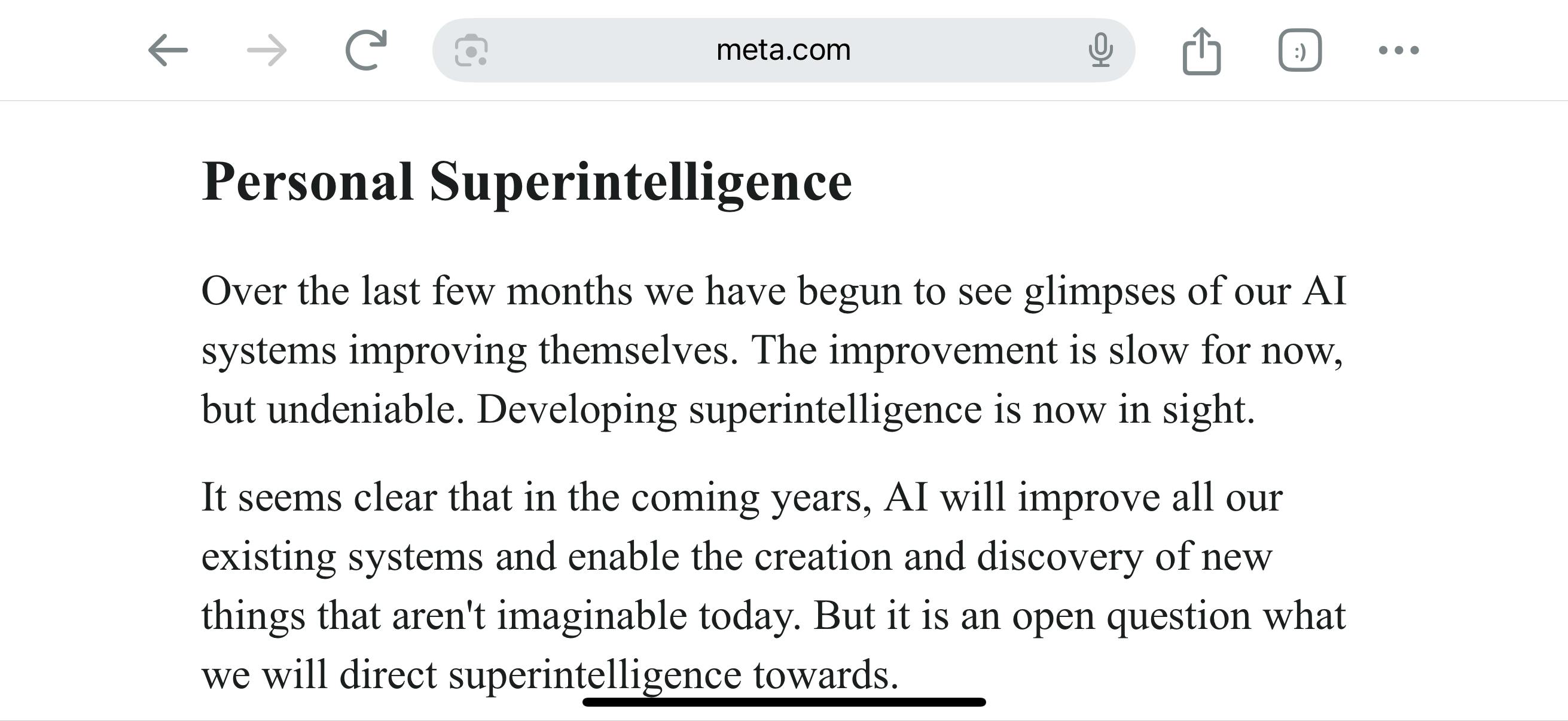It’s just not Microsoft Windows and to a lesser extent Linux that can have challenges in dealing with heterogeneous CPU cores like Intel P/E hybrid cores but FreeBSD developers have begun working through those headaches too in trying to ensure a good experience of modern laptops running this BSD operating system.
FreeBSD developers continue working on enhancing the support for running this open-source operating system on modern laptops. Among the challenges worked on in part during July were sorting out what needs to be done around heterogeneous CPU cores, primarily for modern Intel Core Ultra hybrid laptops with a mix of P / E / LPE cores. Like with other operating systems / kernels, proper CPU core detection is being worked on and significantly is the kernel scheduler changes that will need to be carried out to ensure proper task placement between the performance and power/efficiency cores.
Those interested in the FreeBSD work being explored for properly dealing with heterogeneous CPU cores can see this new Wiki page and this FreeBSD GitHub ticket tracking the ongoing efforts.
FreeBSD developers in July also continued working on standby / s0ix handling, improving the Linux KPI ACPI support, USB debugging, WiFi 6 enablement, external HDMI display support, and other compatibility enhancements. Also still being worked on are the plans for the FreeBSD 15.0 installer to have a KDE desktop install option.
More details on the FreeBSD laptop efforts during the month of July can be found via the project’s new monthly report.









